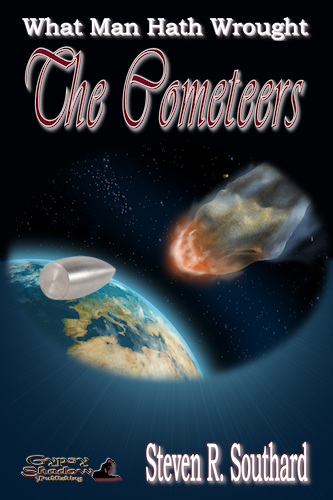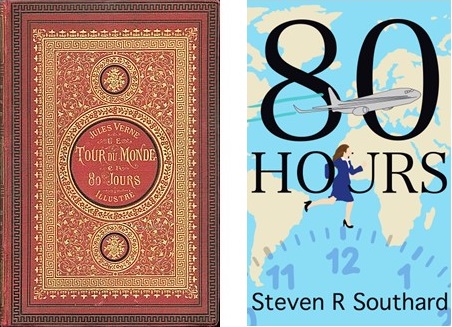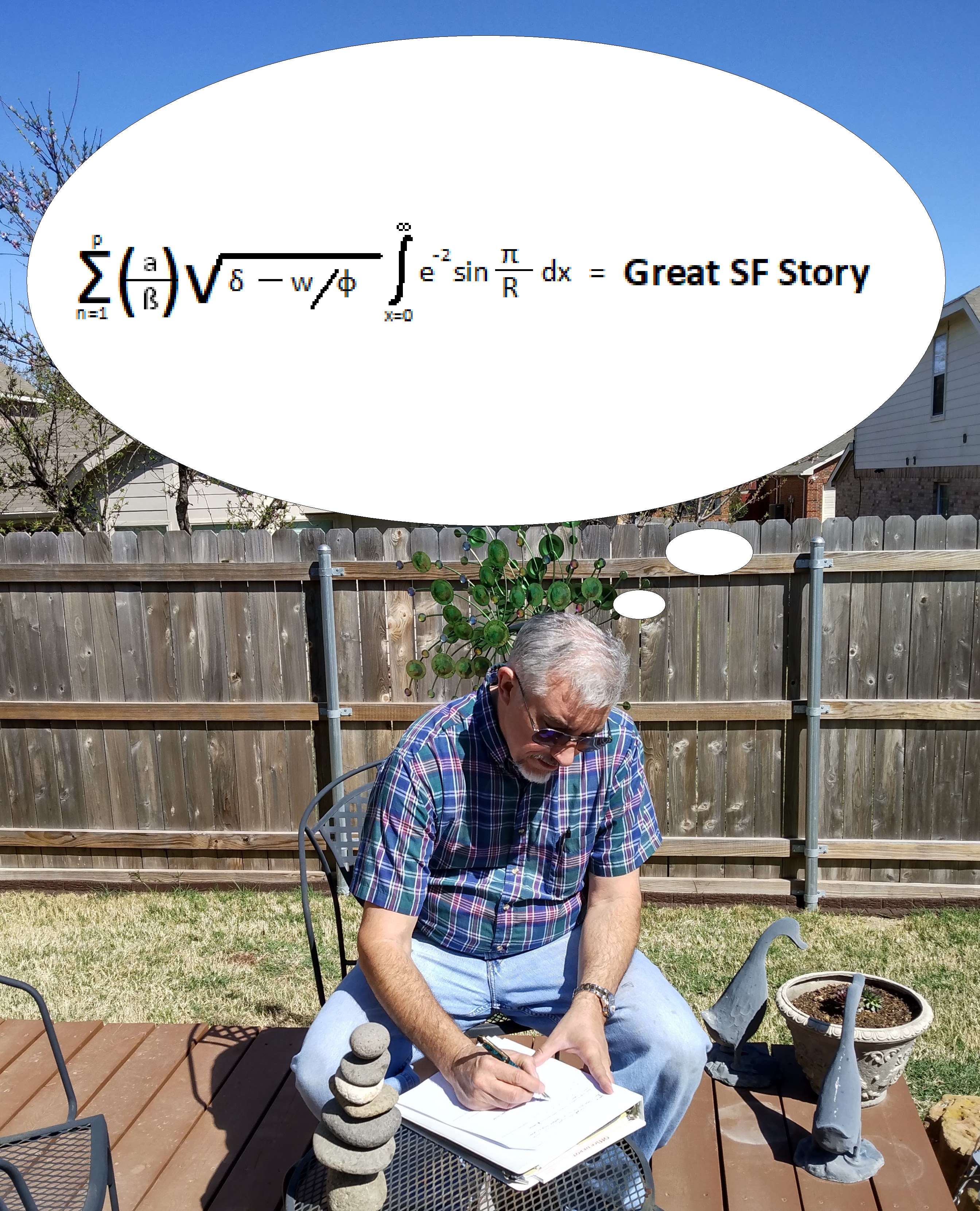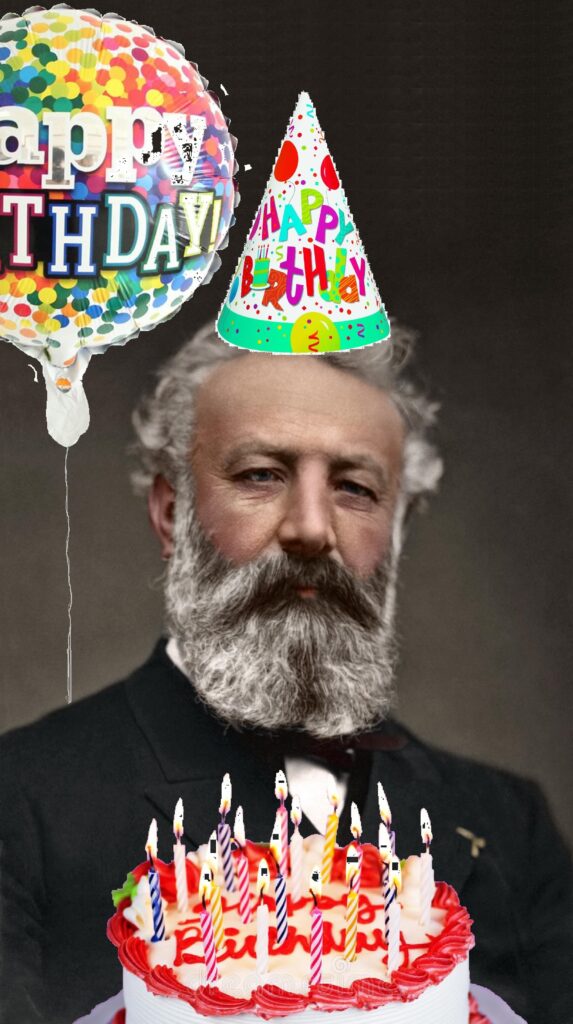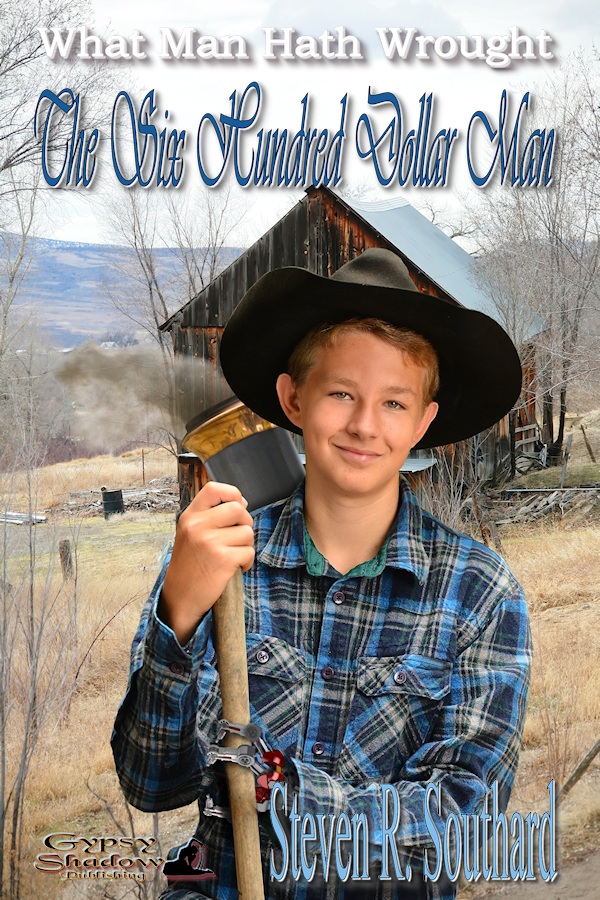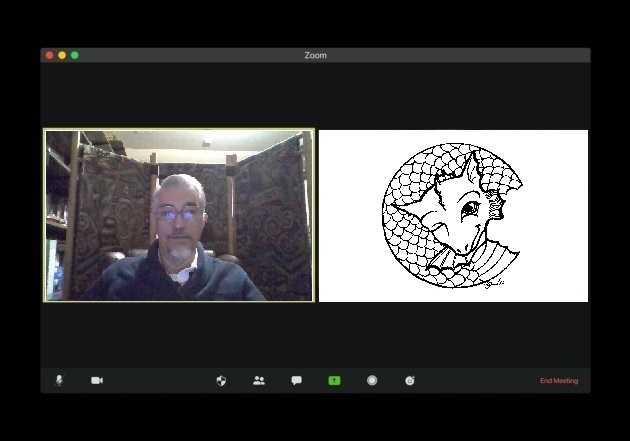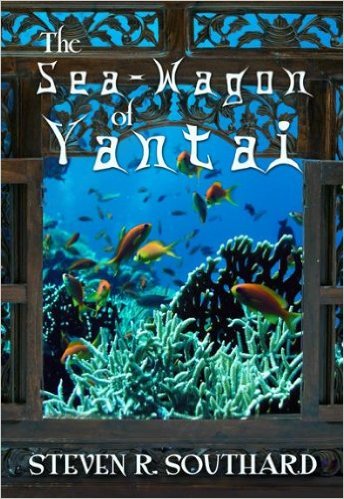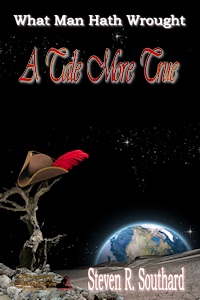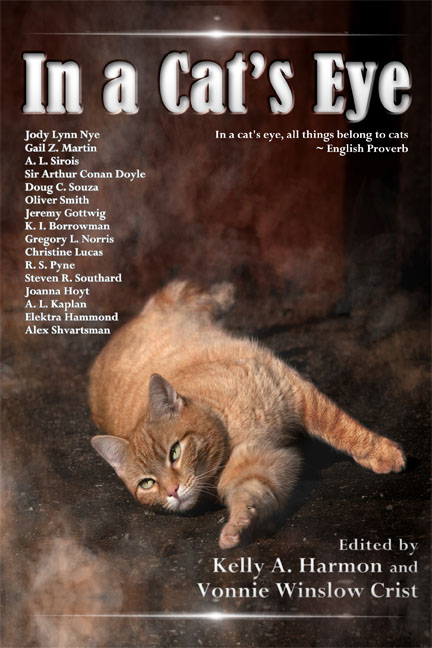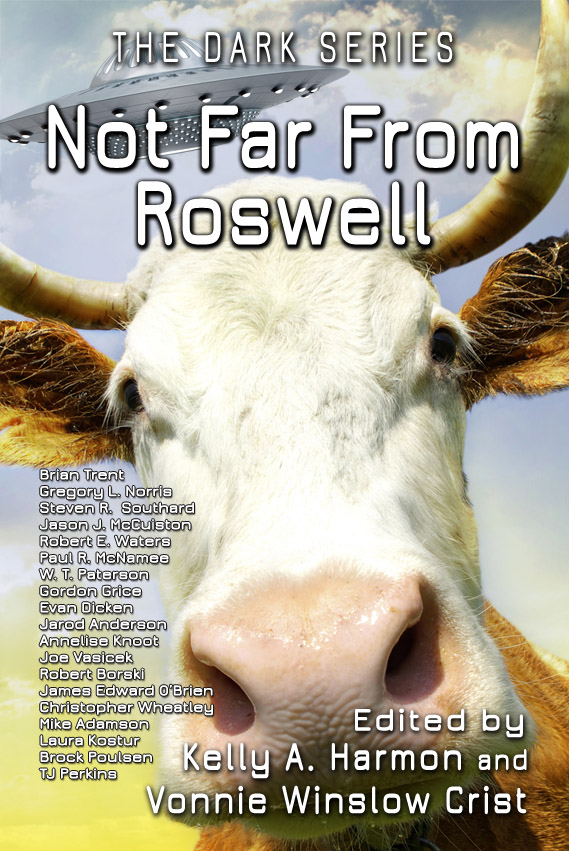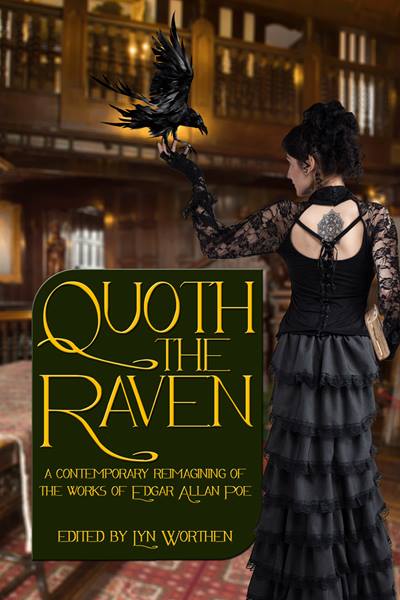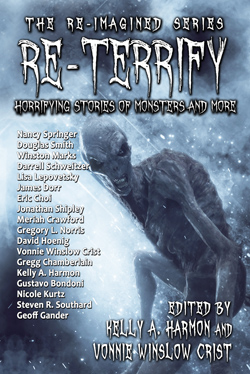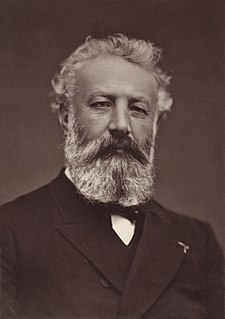Oh, those choosy readers! So pressed for time, so easily distracted. If you don’t begin your SF short story in an imaginative, attention-grabbing way, they won’t read further. Let’s find out how to hook them.
Author Charlie Jane Anders wrote a great post citing seven killer openings for SF short stories, with classic examples for each one. I highly recommend her post.
Here, in brief, is my take on her list, with examples from my stories:
1. Set the Scene. Put us ‘there’ right away. Immerse us in the strangeness of your setting. Most SF stories begin this way. Use when setting is important, but get to the plot’s action soon after.
Personal Example, from “The Sea-Wagon of Yantai:”
2. Introduce Conflict. Hit us with the problem first. What is your character dealing with? Fill in other details later. Good way to hook readers, but a bit chancy if your bomb’s a dud, or if the rest of the story doesn’t live up to its start.
Personal Example, from “A Tale More True:”
3. Mystify. Intrigue and confuse us. Cast us in without knowing our bearings yet. A risky way to start, but when it works, it works well.
Personal Example, from “The Cats of Nerio-3:”
4. Gather ‘Round, Children. Have a talkative narrator speak to the reader in third person, often addressing the reader as ‘you.’ Often used in humor stories, but you need to keep that narration intriguing, and sustain it.
Personal (though approximate) Example, from “Reconnaissance Mission:”
5. There I was. Have the talkative narrator, the main character, self-identifying as “I,” speak to the reader in first person. Often these stories start in a reflective, essay-like tone. Helps readers identify with the main character right away, but you need to get to the plot action and the scene-setting soon after.
No Personal Examples
6. Start With a Quote. This can be a quote from another document, or (more often) a character speaking. Good way to introduce a character’s personality right away, but if done wrong, this beginning can come off as juvenile.
Personal Example, from “The Unparalleled Attempt to Rescue One Hans Pfaall:”
7. Open With a Puzzle. Combine 2. and 3. above to introduce a conflict while also mystifying. This is the most difficult of the seven methods. Great when it works, but awful when it doesn’t.
Personal Example, from “Moonset:”
You should work hard on the opening lines of your short stories. Try several, or all, of the examples above until you hit on one you feel is right. Attempt, in a sentence or two, to (1) grab the reader, (2) introduce the main character, (3) present or suggest the conflict, (4) set the mood or tone of the story, and (5) perhaps give a hint of the ending for circular closure.
Now go out and grab your readers, using the methods of—
Poseidon’s Scribe


